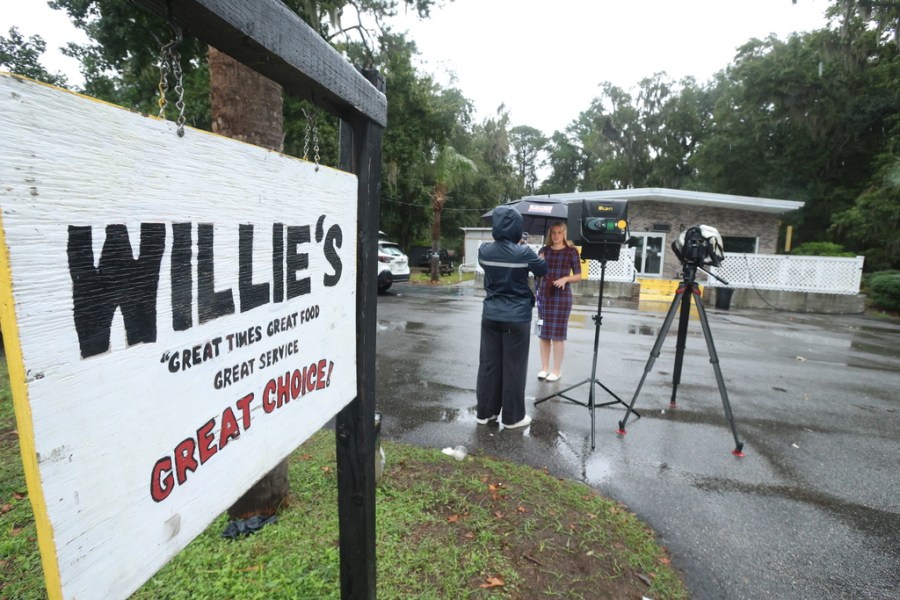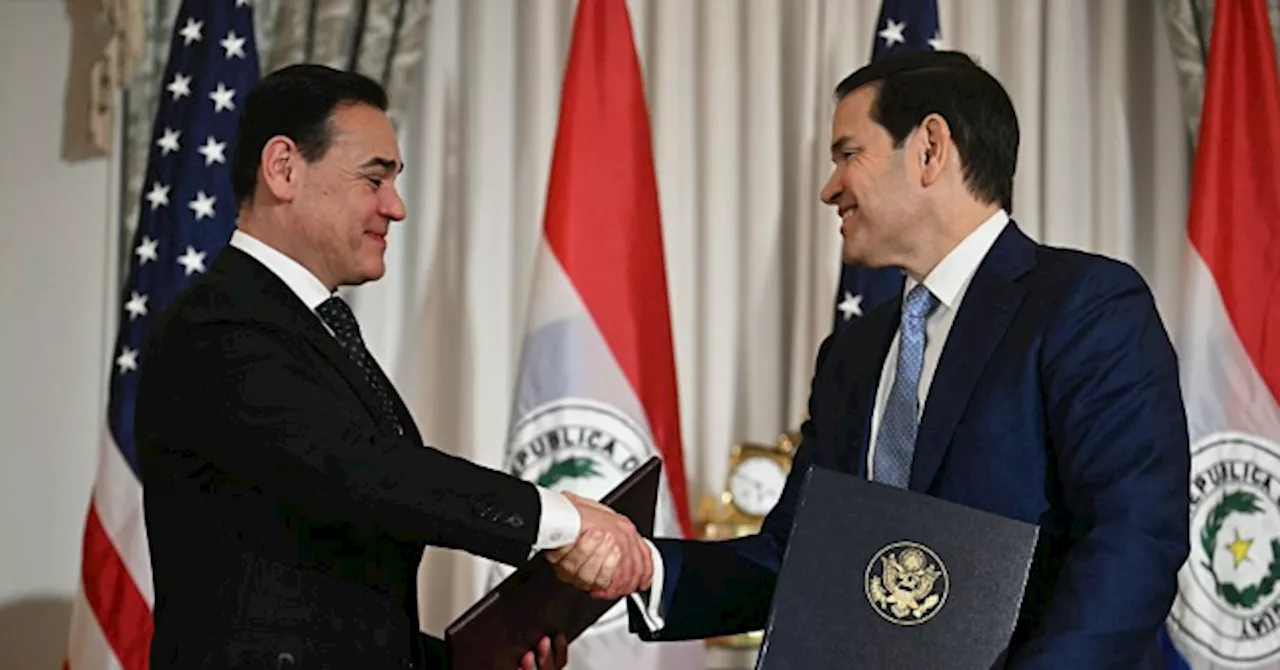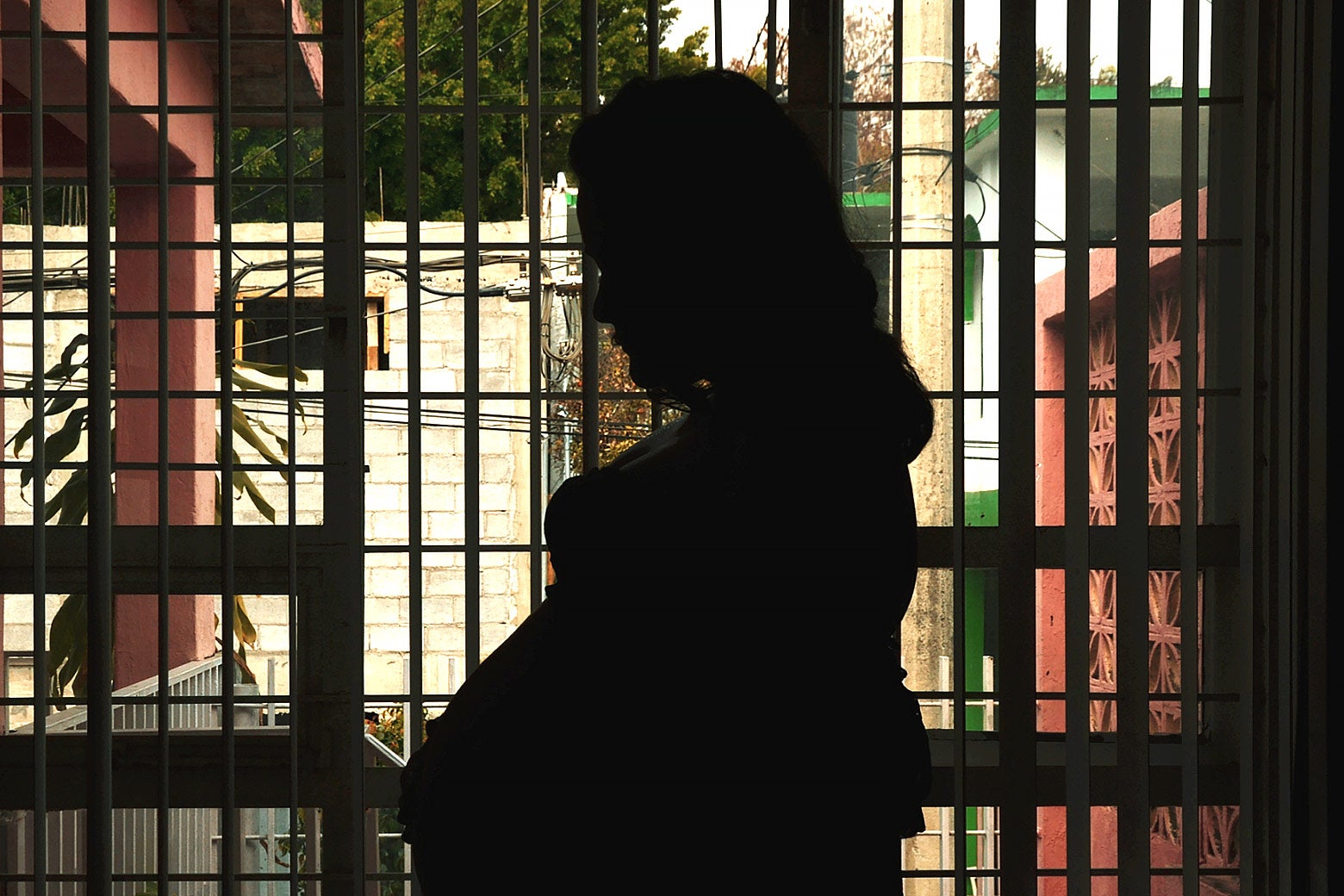Mass shootings in the United States have surged, prompting renewed discussions on how to effectively address the underlying causes. While the debate often centers on gun control, experts argue that the real issue lies in a profound lack of meaning and connection within society. Without tackling these social factors, efforts to reduce violence may fall short.
Understanding the Social Context
Recent statistics reveal that mass shootings have become increasingly frequent, with over 600 incidents reported in 2022 alone, according to the Gun Violence Archive. These events not only result in tragic loss of life but also instill a pervasive sense of fear in communities across the nation. Many families are left grappling with the aftermath, highlighting the urgent need for a comprehensive approach to prevent these tragedies.
The conversation surrounding gun control often overlooks the importance of community and connection. Experts, including sociologists and mental health professionals, point to a growing sense of isolation and disconnection as significant contributors to violent behavior. In a society where individuals feel increasingly alienated, the potential for violence may rise.
Exploring Solutions Beyond Legislation
Addressing the root causes of mass shootings requires a multifaceted approach. Promoting mental health awareness is vital, as studies indicate that individuals struggling with mental health issues often lack the support necessary to cope with their challenges. Strengthening community ties can create environments where individuals feel valued and connected, potentially decreasing the likelihood of violence.
Efforts to enhance community engagement have shown promise in various regions. Programs focusing on youth mentorship and social inclusion have yielded positive outcomes in reducing violence rates. For instance, initiatives in cities like Chicago and Los Angeles have successfully fostered connections among residents, leading to decreased incidents of gun violence.
Additionally, public policy plays a crucial role in shaping the social landscape. Advocates call for policies that not only regulate firearms but also promote social cohesion and community involvement. Investments in community centers, recreational programs, and mental health services can create a more supportive environment for individuals, ultimately addressing the factors that contribute to mass shootings.
Addressing mass shootings in the U.S. is not solely about gun legislation; it involves a commitment to fostering a society where individuals feel a sense of belonging and purpose. By prioritizing mental health and community connections, there may be a path toward significantly reducing the incidence of these tragic events.
In a country grappling with the impacts of gun violence, it is essential to recognize that solutions must go beyond the surface. Targeted efforts to cultivate connections and address mental health concerns could pave the way for a safer and more connected society.







